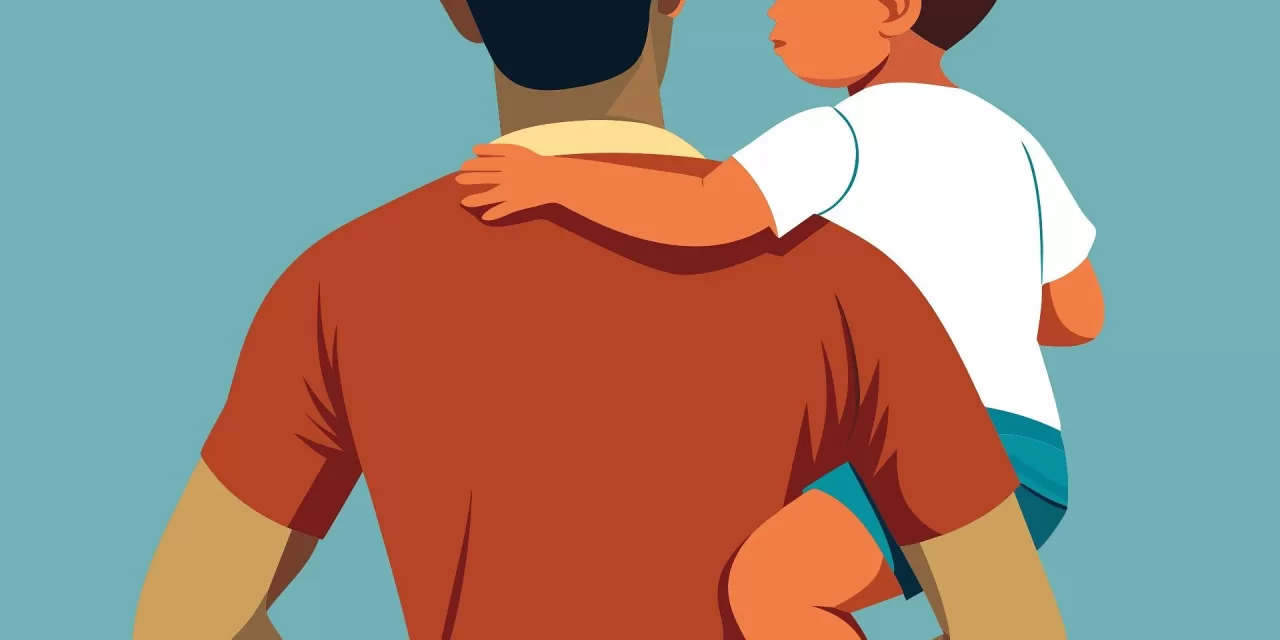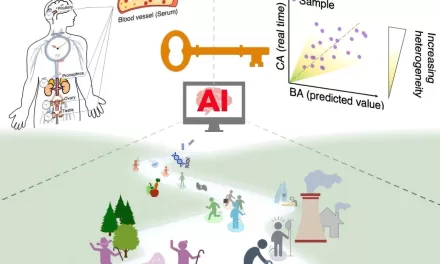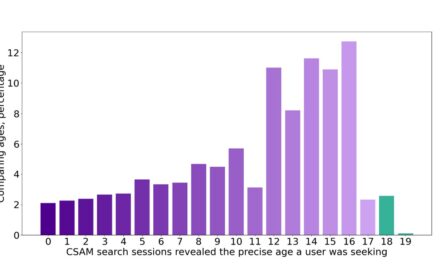Becoming a father can be one of the most rewarding experiences in life, but it can also be an overwhelming and isolating journey. For many men, the transition to fatherhood presents unique challenges, often compounded by a lack of adequate support. While the focus is often on mothers during this period, fathers too can face mental health struggles—such as postnatal depression, which affects 1 in 10 fathers in the UK.
A recent global review, including 37 studies on fathers’ mental health and well-being, sheds light on the key struggles men face as they adjust to their new role. These studies, gathered from interviews, surveys, and phone discussions, highlight the emotional and psychological burdens that many fathers carry during the early stages of parenthood.
Here are four of the most common challenges men face as they become fathers:
1. Changed Relationship with Their Partner
One of the most significant challenges fathers face is the shift in their relationship with their partner. The demands of parenting, from sleepless nights to new responsibilities, can leave little time for intimacy or emotional connection. Fathers often report a sense of exclusion, feeling distanced from both their partner and their child. Some even expressed feelings of inadequacy, with one father describing the experience as feeling like “my child is my partner’s child.”
This disconnection can begin during pregnancy, where fathers sometimes feel like bystanders to the mother’s experience. These feelings may continue after birth, especially if the mother becomes overly protective, limiting the father’s involvement in parenting. This sense of exclusion can lead to frustration and diminished emotional well-being for fathers.
2. Confusion Over the Fatherhood Role
Many fathers experience uncertainty about their role in the family after becoming parents. Some struggle to balance the traditional role of being the primary breadwinner with the more modern expectation of being an active, hands-on caregiver. The overwhelming pressure to do both—provide financially while also nurturing their child—leaves many fathers feeling stressed and burnt out.
Cultural background also plays a significant role in shaping fathers’ expectations of themselves. Fathers from diverse ethnic backgrounds may feel a stronger pull towards the traditional role of financial provider, sometimes leaving the responsibility of child-rearing to the mother. This divide can sometimes lead to tension with parents or in-laws, especially when generational differences in parenting styles emerge.
3. Feeling Forgotten and Undervalued by Health Professionals
Fathers often feel overlooked by healthcare professionals during both the antenatal and postnatal periods. Some report feeling excluded from conversations and decisions surrounding the pregnancy and birth, with one father recounting how the midwife “drew the curtain around me.” Others have shared experiences of being ridiculed or dismissed by medical staff, which only adds to their sense of alienation.
This exclusion can leave fathers feeling unprepared and unsupported, particularly when it comes to practical matters like breastfeeding. Many fathers express a desire for more tailored support that helps them understand how they can assist their partner during difficult moments, but this need is often unmet.
4. Struggling Alone
The pressure to conform to societal expectations of masculinity can make it difficult for fathers to admit when they are struggling. The belief that men should not show weakness often leads fathers to bottle up their emotional distress. This “tough it out” mentality can be isolating, as many fathers do not feel comfortable reaching out for help.
As a result, fathers often experience the transition to fatherhood in isolation, without the emotional support they need. There is a clear desire among fathers for more opportunities to talk openly about their struggles, whether in peer support groups, with friends, or within family settings. Having these conversations can help fathers understand that their experiences are normal and provide them with the reassurance they need during this challenging period.
The Way Forward
This research highlights the importance of providing emotional and mental health support to fathers as they navigate the challenges of parenthood. By acknowledging and addressing the struggles that fathers face, society can ensure a smoother transition for both parents and promote healthier, more positive experiences of parenthood for the whole family.
There is an urgent need for programs that offer support specifically tailored to fathers, as well as greater awareness and education for healthcare providers on the unique emotional needs of fathers. A balanced approach to supporting both mothers and fathers will help create a more equitable and effective parenting experience, benefiting both parents and their children.












